The USLS College of Medicine, the first medical school in Negros Island, is a joint project between the University of St. La Salle and the Provincial Government of Negros Occidental. It was founded in 2002 under the Lasallian leadership of Bro. Gus Boquer FSC and the first Dean of the College of Medicine Dr. Greg Anthony Medalla.
The USLS College of Medicine is situated at the Professional Schools Building of the USLS Main Campus in La Salle Avenue, Bacolod City.
Mission and Vision
Mission
True to our Catholic tradition and inspired by St. John Baptist de La Salle, the University of St. La Salle is a learning community that forms persons of integrity committed to the care of peoples' and the earth in shared mission.
Vision
The University of St. La Salle (USLS) College of Medicine envisions itself as the premier center for advancing humane and Christian medical education through research pioneering, innovation, and social engagement in the province of Negros Occidental, the Philippines, and the world.
Objectives
The USLS College of Medicine shall provide quality education that promotes academic excellence, ethical practice, empathy anchored on Lasallian values, and commitment to provide the health needs of the province and the whole country, most especially to the last, the lost, and the least of our brethren.
Specifically, the College of Medicine aims to form physicians who:
- Possess optimal knowledge, competent skills, and proper attitudes to allow them to excel in their chosen fields of specialty;
- Practice medicine with the highest ethical standards;
- Strive to serve the underprivileged and the underserved as an inherent part of their social responsibility; and
- Take pride in the richness of their Lasallian and Filipino cultural heritage but at the same time respectful of cultural diversity.
Philosophy and Core Values
Animated by the spirit of St. John Baptiste de la Salle, the College of Medicine shall uphold the three main values which are fundamental to the Lasallian identity (the spirit of faith, zeal for service, and communion in mission) in the training and formation of its students.
Sprit of Faith
The spirit of faith flows from a relationship of communion with God who wills to save all people by drawing them into a life-giving communion with Him and with one another.
Zeal for Service
Zeal is the enthusiastic and total gift of self for the sake of the mission expressed in such qualities as gratuity and generosity, creativity and fortitude, compassion, and commitment. It involves a preferential concern for the poor and the vulnerable.
Communion in Mission
Communion recalls the dynamic of association by which the first Brothers bonded together for the sake of the mission entrusted to them by God.
Academic Program
The four-year medical course generally proceeds from a study of the normal to the unwell human being. Most of the subjects are yearly courses, which are taken up for two semesters. Of the 20 weeks per year, 32-36 weeks are allocated to structured teaching-learning activities while the rest are devoted to integration, review, and evaluation.
The entire medical curriculum is presented to the students in the highest degree of integration possible. Hence, topics covered in the different courses are inter-related and follow each other in a sequential manner. In general, the topics covered proceed from the normal to the abnormal and from the lower to the higher levels of organization.
The 32-36 weeks per year of structured teaching-learning activities usually consist of morning didactic and afternoon laboratory or ward preceptorship sessions. Specific behavioral objectives and/or course outlines are prepared and distributed to the students in advance. The class sessions are designed to maximize student learning through peer-peer and peer-teacher interaction, and independent study.
Program Learning Outcomes
The Lasallian Guiding Principles (LGP) for Educational Experiences sets the criteria for all academic and non-academic programs and courses to ensure that the Lasallian Mission is being transferred into the lives of the educator and the learner.
- Challenge learners to realize their FULL POTENTIAL.
- Bring CHRISTIAN PERSPECTIVES to bear on human understanding, skills, and values of learners.
- Ensure differentiation in learning that is FRATERNAL, CARING, and RESPECTFUL.
- TRANSLATE KNOWLEDGE into something useful for the Church and society.
Prepare learners for RESPONSIBLE PARTICIPATION in the world of work, family, society, and the church.
The Doctor of Medicine program of the University of St. La Salle challenges the medical student to reach his/her full potential, from the Christian perspective, to accomplish the following graduate outcomes: (aligned with LGP 1 and 2)
| Program Outcomes | Operational Definitions of Program Outcomes |
- Demonstrate clinical competence
| Competently manage clinical conditions of all patients in various settings |
- Communicate effectively
| Convey information, in written and oral formats, across all types of audiences, venues, and media, in a manner that can easily be understood. |
- Lead and manage healthcare teams
| Initiate planning, organizing, implementation, and evaluation of programs and health facilities; and provide clear direction, inspiration, and motivation to the healthcare team, family, society, and the Church. (aligned with LGP 4 and 5) |
- Engage in research activities
| Utilize current research evidence in decision making as practitioner, educator, or researcher; and participate in research activities. |
- Collaborate within interprofessional teams
| Effectively work in teams with co-physicians and other professionals in managing clients, institutions, projects, and similar situations. |
- Utilize systems-based approach to healthcare
| Utilize systems-based approach in actual delivery of care; and network with relevant partners in solving general health problems. |
- Engage in continuing personal and professional development
| Update oneself through a variety of avenues for personal and professional growth to ensure quality healthcare and patient safety. |
- Adhere to ethical, professional, and legal standards
| Adhere to Christian values, and national and international codes of ethical conduct and legal standards that govern the profession. (aligned with LGP 2 and LGP 5) |
- Demonstrate nationalism, internationalism, and dedication to service
| Demonstrate love for one’s national heritage, respect for differences and other cultures and commitment to service. (aligned to LGP 3) |
- Practice the principles of social accountability
| Adheres to the principles of relevance, equity, quality, and cost effectiveness in the delivery of healthcare to patients, families, the Church, and society. (aligned to LGP 4 and 5) |
- Adapt the Lasallian values of:
| Believes in the living presence of God in our world. Believes that an education of substance grounds us in the knowledge necessary to live a fruitful and purposeful life. Believes that we are all children of God, and we respect one another as such regardless of our differences. Believes in caring for, walking alongside, and giving of ourselves for those in need. Strives to be a community where diversity is celebrated, where no one feels isolated or left out, and where everyone finds a place where they belong.
|
Student Life

College of Medicine Student Council
Student Council VISION
The University of St. La Salle College of Medicine Student Council envisions itself to be a dynamic student organization that upholds and facilitates holistic medical student development and inculcates in them the Lasallian ideals and principles.

Student Council MISSION
The University of St. La Salle College of Medicine Student Council aims to guide and develop medical students to be competent, confident, concerned, and committed 5-Star Filipino Physicians who strive to live by the Christian faith and values through:
promotion of academic excellence;
discovering and maximizing potentials in various disciplines (eg. arts, sports, music, literature, etc.);
a mentoring system program that supports personal and professional development;
providing opportunities for social awareness and involvement locally and globally;
fellowship activities with its internal and external linkages;
and spiritual growth and prayer.






 USLS - College of Medicine Student Council
USLS - College of Medicine Student Council
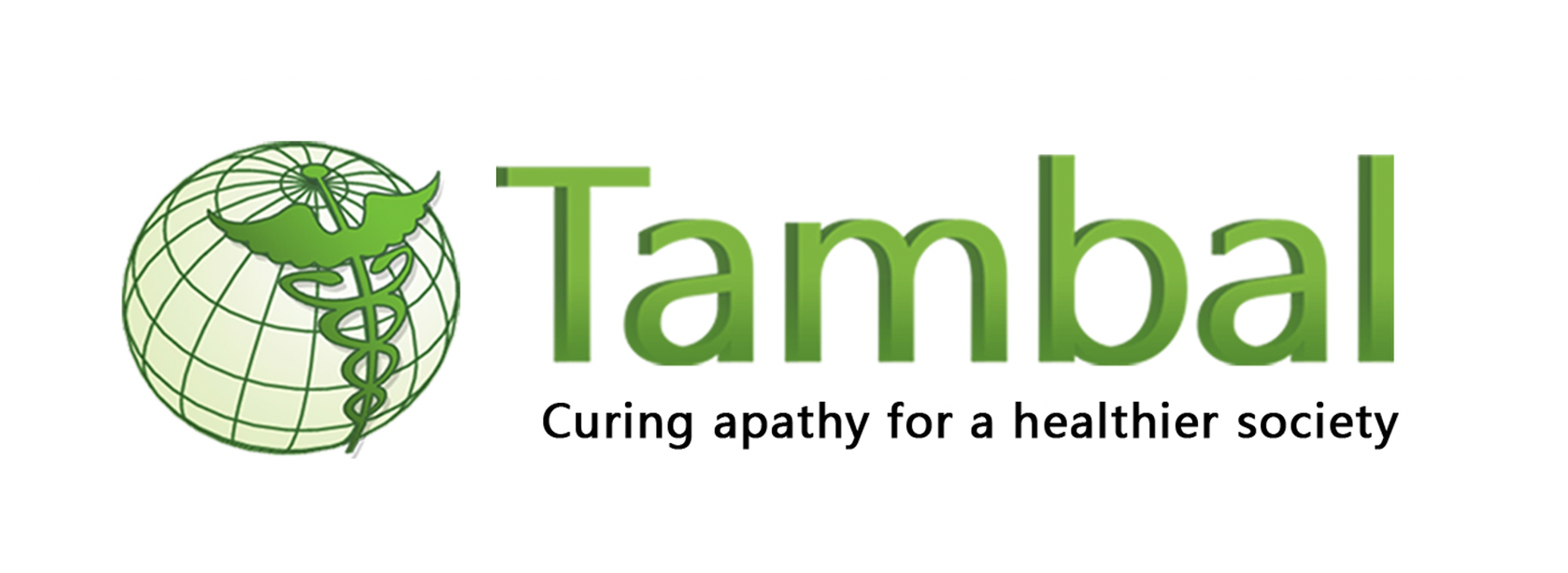
TAMBAL
TAMBAL (Hiligaynon term for cure, medicine, or remedy) is a student organization founded by Dr. Frederic Ivan L. Ting and Dr. Joven V. Ledesma when they were 2nd year medical students. The main objective was to provide activities (workshops, forums, publications to name a few) that will depict, from many creative and social viewpoints, the health situation in our country and the world.
More than just reflecting its geographic origin, it exemplifies the ideals of the medical and health-related professions which is to serve in the name of service. Through an appraisal of Filipinos’ attitude towards health; and an in-depth examination of the complex factors that affect this attitude, Tambal aims to produce physicians who not just have a deep understanding of the Philippine and Global health situation and the various social determinants that influence it, but more importantly are willing to engage themselves in finding a “cure” or providing a “remedy” to the myriad health challenges that Filipinos face today.

TAMBAL VISION
Inspired by the people’s cry for better health care, the organization envisions promoting a sense of awareness to students of the health care professions concerning local, national, and global health issues.
Guided by Lasallian principles, it will provide venues and opportunities to engage and respond to the pressing needs of the society with a culture of solidarity and empathy.
TAMBAL MISSION
Bothered by the current health issues and the people’s apathy towards such, TAMBAL commits to provide opportunities for awareness and options to respond for a healthier society.
Specifically, TAMBAL seeks to mold students who:
Strive for academic excellence
Exemplify global competence in their chosen fields
Share their passion in the pursuit for better health care
Manifest emotional maturity and social responsibility
Recognize that they are merely instruments of God who is the master healer.
Partners and Affiliations
The USLS College of Medicine is affiliated with one government hospitals and two private hospitals.
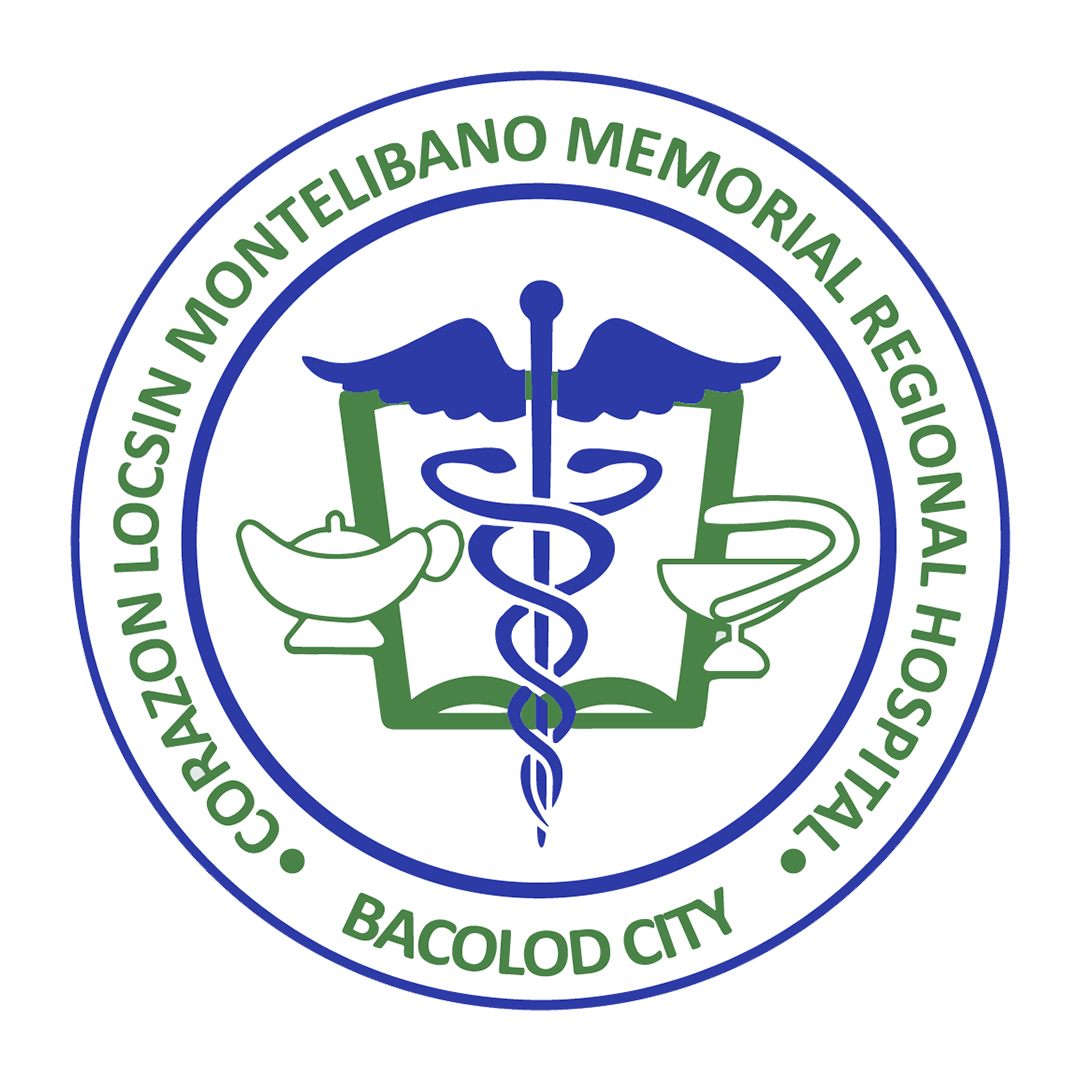
The government base hospital is the Corazon L. Montelibano Memorial Regional Hospital. CLMMRH is a is a soon to be 1,500-bed government tertiary medical center with a complete complement of medical as well as surgical specialties and an abundance of various clinical experiences available for student learning.
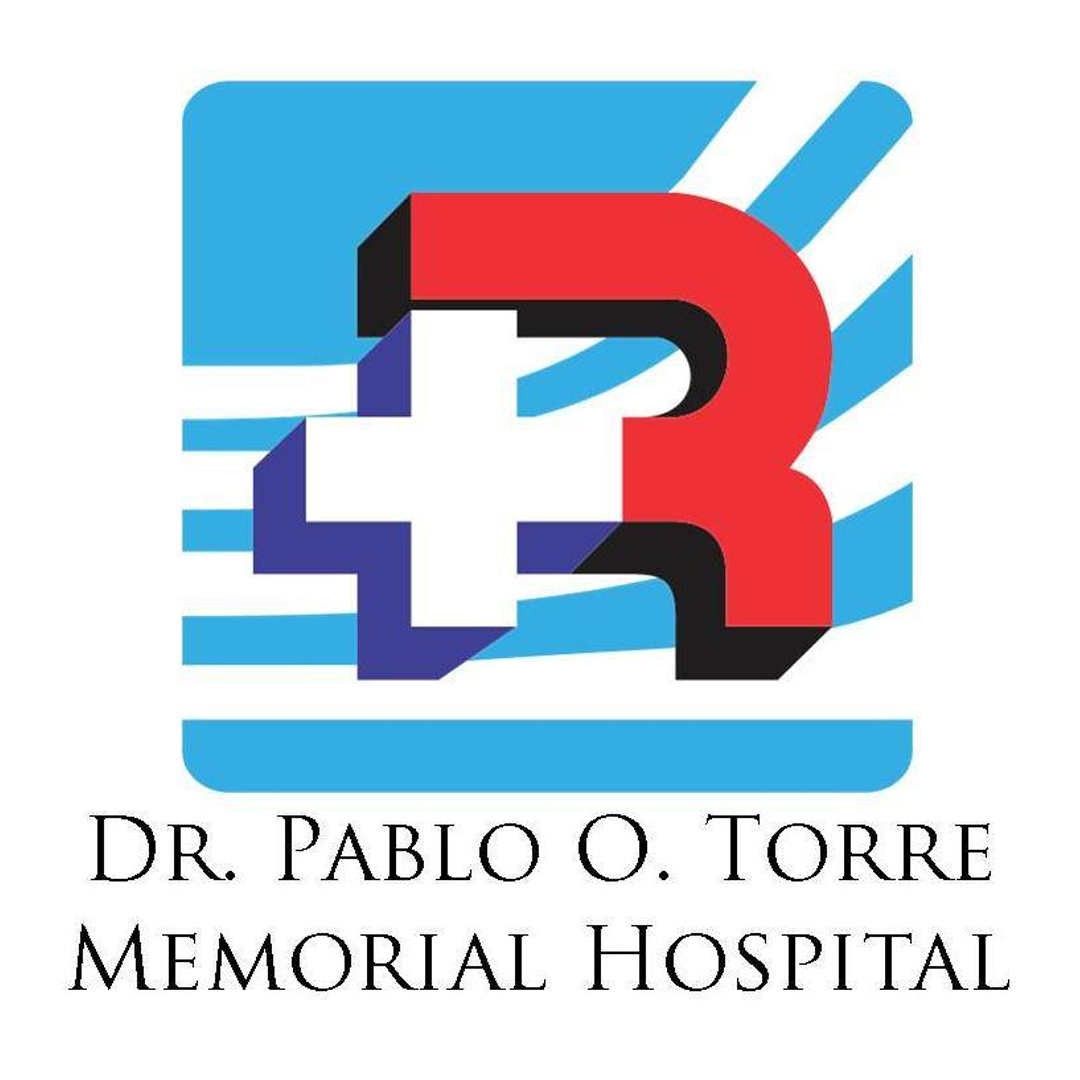
The College is also affiliated with the Dr. Pablo O. Torre Memorial Hospital which is a 350-bed private hospital. It is equipped with the latest technological advances in modern medicine and staffed by quality medical specialists of Bacolod City.
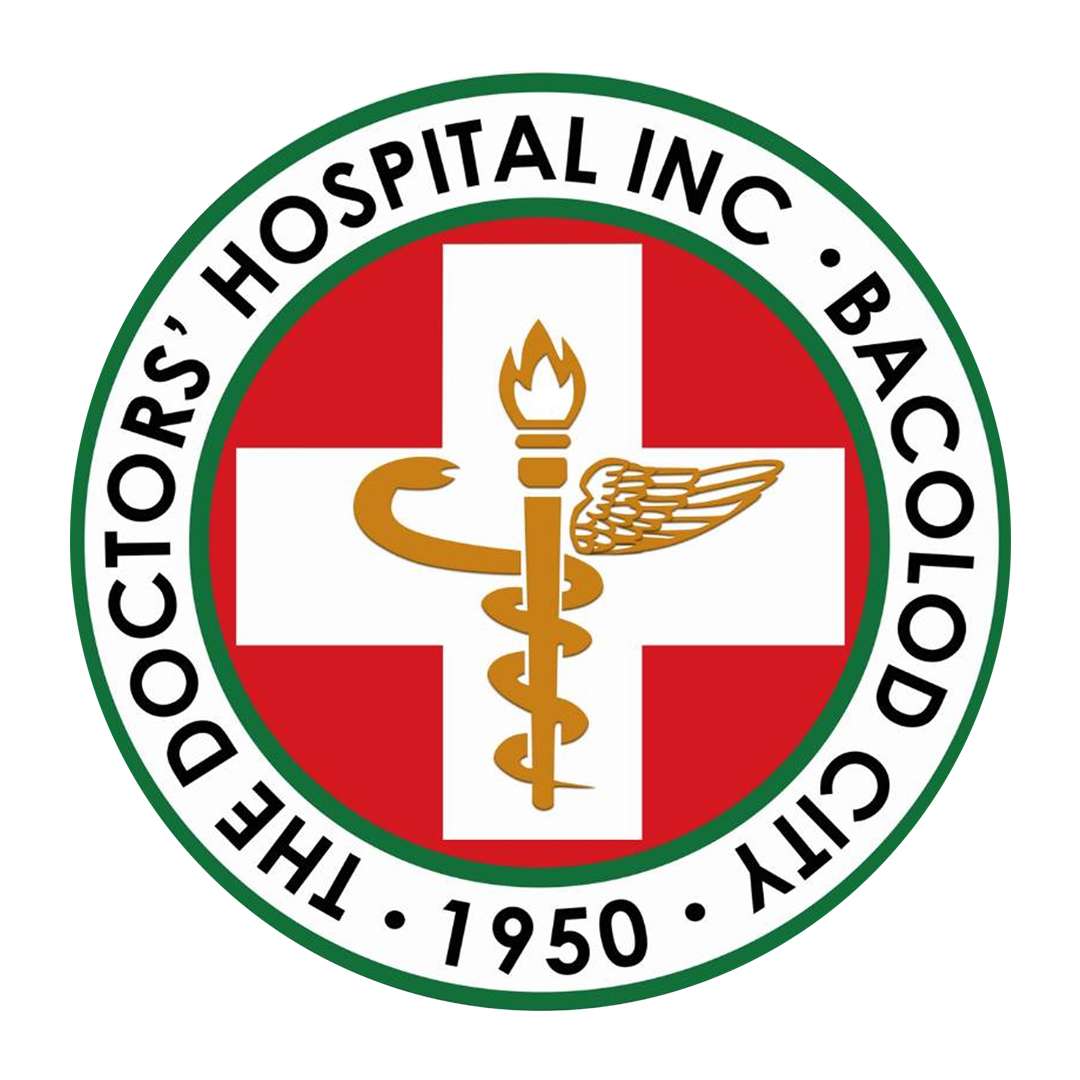
The Doctor’s Hospital, Inc., a Level 4 Tertiary Care hospital has established itself as an institution catering to the needs not only of Bacolod City but of the whole province of Negros Occidental for the last 60 years and the second largest private hospital in Bacolod City with a 150 bed capacity.

The USLS College of Medicine is a proud member of the Association of Philippine Medical Colleges, Inc. (APMC), APMC – Student Network, Asian Medical Students Association (AMSA), and the International Federation of Medical Students’ Associations (IFMSA).
Academic Officers
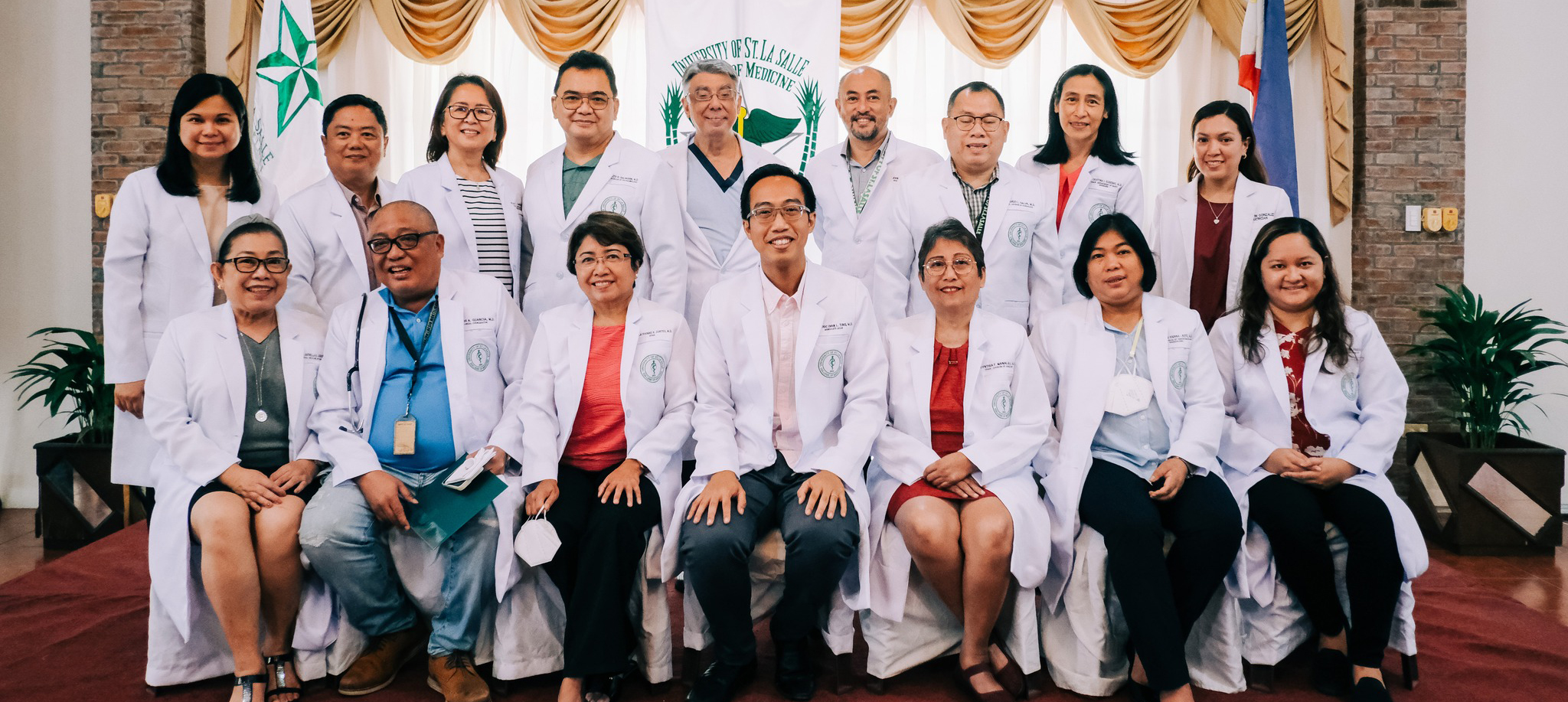
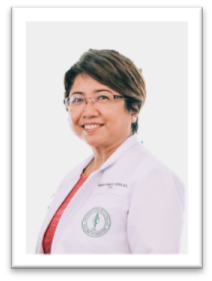
Radela Yvonne R. Cortes, MD
Dean |
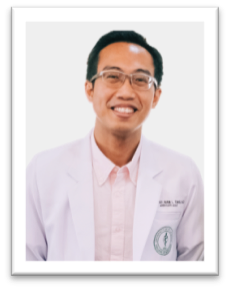
Frederic Ivan L. Ting, MD
Associate Dean |

Rea A. Laroza, MD
Clinical Coordinator |
MICHELLE V. LEMONCITO – TOLOSA, MD
Chair – Department of Clinical Sciences |
RAFAELITO O. SALVADOR, MD
Chair – Department of Basic Sciences |
Division Heads |
| Anatomy/Histology | Cynthia F. Manalili, MD |
| Biochemistry | Charibel E. Escandelor, MD |
| Family & Community Medicine | Pilar F. Mabasa, MD |
| Internal Medicine | |
| Microbiology/Parasitology | John Clifton U. Martyr, MD |
| Neuroscience | Wilson D. Tulmo, MD |
| Obstetrics & Gynecology | May Irene E. Rife, MD |
| Pathology | Greg Ryan T. Gerongano, MD |
| Pediatrics | Kristin Grace G. Gonzalez, MD |
| Physical Diagnosis | Joy Ann V. De Castro, MD |
| Pharmacology | Lynn A. Rodrigo, MD |
| Physiology | Gregorio L. Galve, MD |
| Psychiatry | Cherryl V. Francia, MD |
| Surgery | Ricardo Paulo J. Yusay, MD |
| Section Heads |
| Bioethics | Maria Estrella R. Ledesma, MD |
| Legal Medicine / Med Jurisprudence | John B. Canuel, MD |
| Ma.Christina I. Eusebio, MD |
| Jose Ramon M. Arriola, MD |
| Orthopedics | Renier D. Gerochi Jr., MD |
| Radiology | Philline Grace E. Baldomar, MD |
| Research | Salvador S. Sorilla, MD |
| Student Affairs Committee | Joshua D. Vargas, MD |
| Program Advisory Council | Jay G. Estoya, MD |
Contact Info
 USLS College of Medicine
USLS College of Medicine
 USLS - College of Medicine Student Council
USLS - College of Medicine Student Council
 medicine@usls.edu.ph
medicine@usls.edu.ph
APPLY NOW